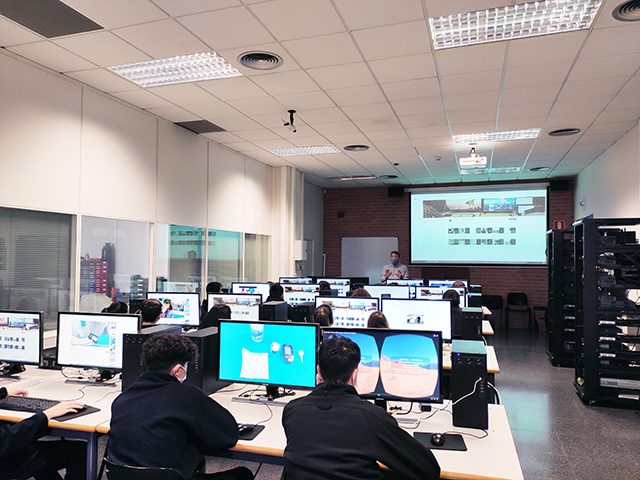Campus Gandia of the Universitat Politècnica de València (UPV) is set to host the third edition of CiènciaLab 2021-2022, an initiative aimed at stimulating interest in science careers among students in years 3 and 4 of ESO through science, technology and art workshops taught by university professors from different fields of research. The CiènciaLab initiative is promoted by the Office of Communications of the UPV and is carried out on the three campuses -Valencia, Alcoy and Gandia- during the school year.
On Campus Gandia, around 215 students from 8 La Safor secondary schools attended the proposed workshops, held on October 21st, November 11th, 18th and 25th, and December 9th, 2021. Similarly, workshops will be held in the second semester of the academic year on February 10th and 24th, March 10th and 24th, and April 7th, 2022.
“The CiènciaLab workshops allow youths to experience how studies in science and technology are conducted in the university setting and learn first-hand about the research carried out on each campus. They are given their first contact with STEM professions so they can decide on their major or profession”, says Josep Àngel Mas, coordinator of the activity at Campus Gandia.

WORKSHOPS: EXPLORING SCIENCE ON CAMPUS
At Campus Gandia, the 4 workshops carried out in the 2021-2022 academic year are structured around cutting-edge technologies being carried out by campus research teams.
A Virtual Trip Around the World: GNSS Integration in Google Earth (2021)
In this workshop given by Campus professor Jesús Martí, an expert in Cartography, Geodesy and Photogrammetry, the Google Earth application is used to create a virtual trip around the world. The workshop consists of three parts, the description of the GNSS data, the description of the version of Google Earth for science, and the integration of products based on Google Earth (Voyager, Timelapse, Street Viewer, Earth Pro, Earth Web and Engine) with GNSS.

What Are Interactive and Immersive Technologies? (2021)
Led by Fernando Boronat, an expert in Interactive and Immersive Technologies from the campus, students will learn to differentiate between interactivity and immersiveness. To understand the interactivity between several local or remote people, examples will be shared of solutions for virtual teleconferences with 3D holograms. In addition, new enhancement techniques will be presented that provide the TV viewer with animated 3d reconstructions of sports events. As far as immersiveness goes, the workshop will present definitions, devices and examples of applications related to Virtual Reality (VR), Augmented Reality (AR) and Mixed Reality (MR).Likewise, in order to demonstrate the potential that these technologies have, several immersive and interactive (web-based) applications will be shown, including multisensory effects that have been developed by the Immersive and Interactive Media (IIM) group from Campus Gandia, directed by Boronat.

2022 WORKSHOPS
Environmental Studies Using Satellite Images
Javier Estornell, an expert in cartography, geodesy and photogrammetry on campus, will give a dynamic workshop using freely accessible computer applications where students will explore the use of Remote-Sensing Sattelite to analyze significant changes in areas of environmental interest (glaciers, forest fires, wetlands, volcanoes, rice cycle in the Albufera, among others). For this purpose, Sentinel-2 images from the Copernicus program and Landsat images will be viewed in order to detect changes on the earth’s surface in these areas.
I Want to Become a Podcaster
The aim of this workshop offered by Raúl Terol, an expert in radio and podcasting on campus, is to explore the world of radio broadcasting and podcasting with these students. It begins with a brief presentation of the Radio Studio. Next, the four fundamental pillars that radio language is based will be presented, with discussions about successful podcast formats, as well as radio advertising, with a focus on the radio spot. Finally, for the practical exercise of the workshop, students will be asked to create a short podcast or radio spot about their school.
REGISTRATION
Teachers and professors interested in participating in these activities should contact Mª Teresa Zorrilla González: mzorrill@upvnet.upv.es, telephone 96 284 93 87 (Extension: 49387).
Student groups should be 20 (optimal number) to 25, maximum.
*Images courtesy of the Colegio Esclavas del Sagrado Corazón de Jesús Benirredrá

Neus Montoro Estellés, Scientific Management and Communication Officer.

